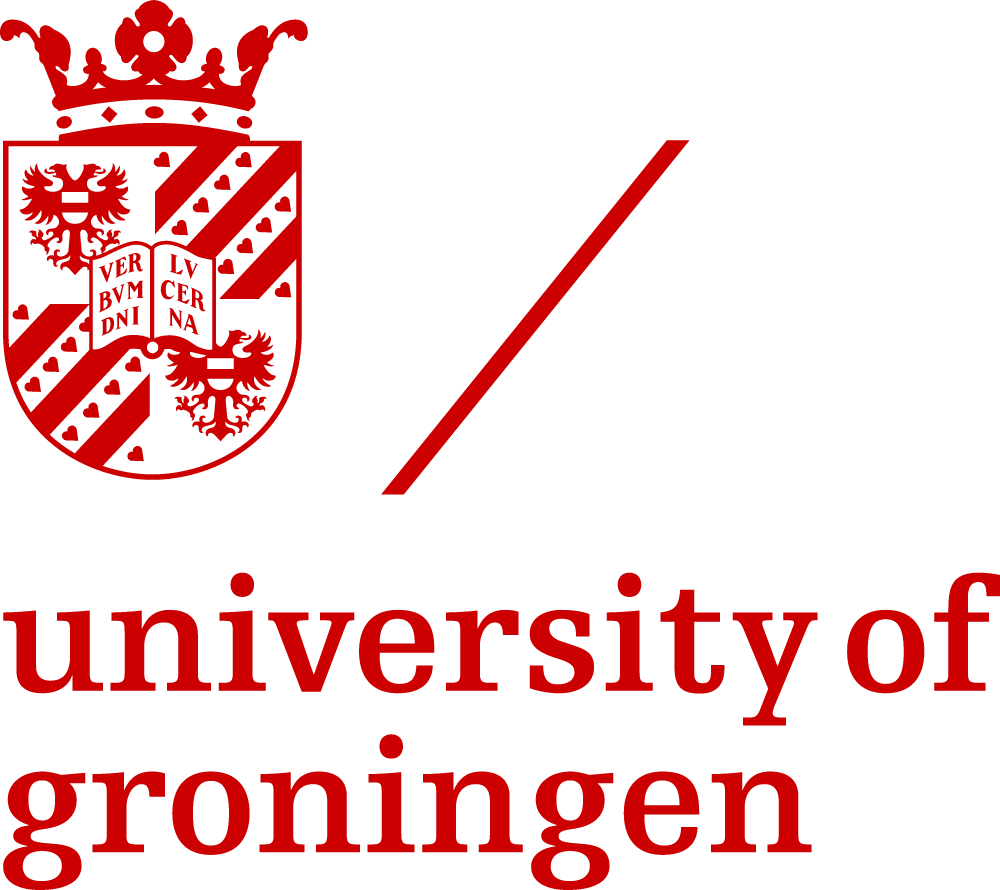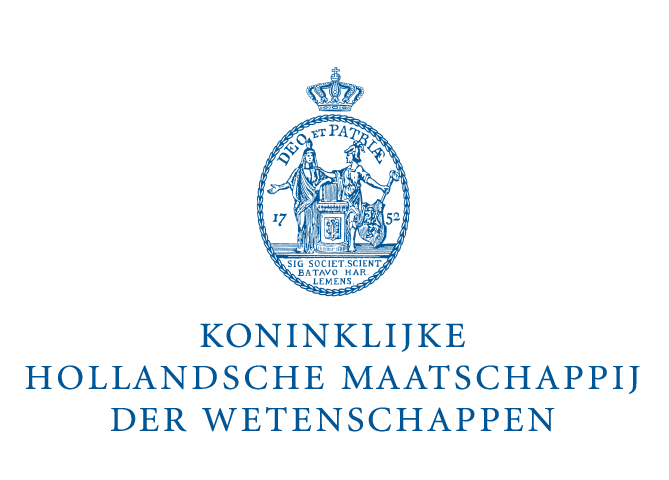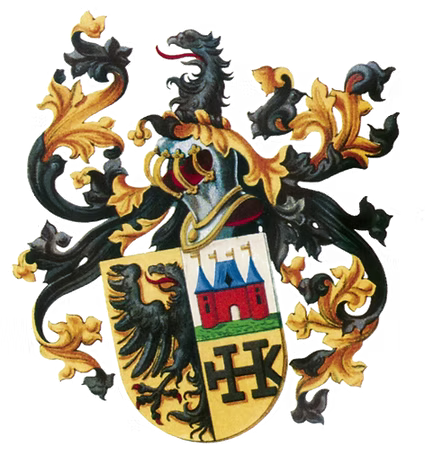Virus Ecology and Evolution
RNA viruses | Evolution | Ecology/epidemiology | Arthropods | Endogenous viral elements
______________________________________________________
We are a research group located at the Groningen Institute for Evolutionary Life Sciences, at the University of Groningen, the Netherlands. We use genomics and modeling to understand viral evolution and ecology/epidemiology across scales, from within- to between hosts, from small transmission chains to epidemics, and from deep to recent evolutionary processes. We have a particular interest in RNA viruses infecting eukaryotes, especially arthropods (mosquitoes, but not only!).
Interested to join us? See here!






